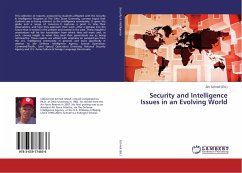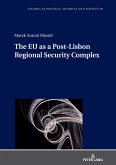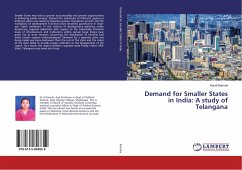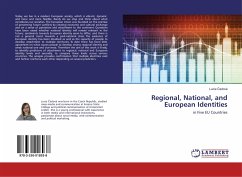This book analyzes the reasons behind the decision to develop a security community in Southeast Asia known as the ASEAN Security Community (ASC). So far there have been, at least, two mainstream roads in explaining the development of the ASC, namely the approaches related to norms and the security cooperation evolution. Unlike those two previous ones, this work adopts a "multi-level" path which argues that the rationales behind the development of the ASC were the outcome of the interplay between the global strategic environment, regional political dynamics, and individual ASEAN members' strategies. Therefore, this book will not only clarify the background and the rationales behind the establishment of the ASC but also throw light on ASEAN security dynamics, particularly in the period from the end of the 1997 financial crises to 2007. Finally, this book identifies ASEAN's security challenges, institutional developments, and the current problems in consolidating the ASC.







